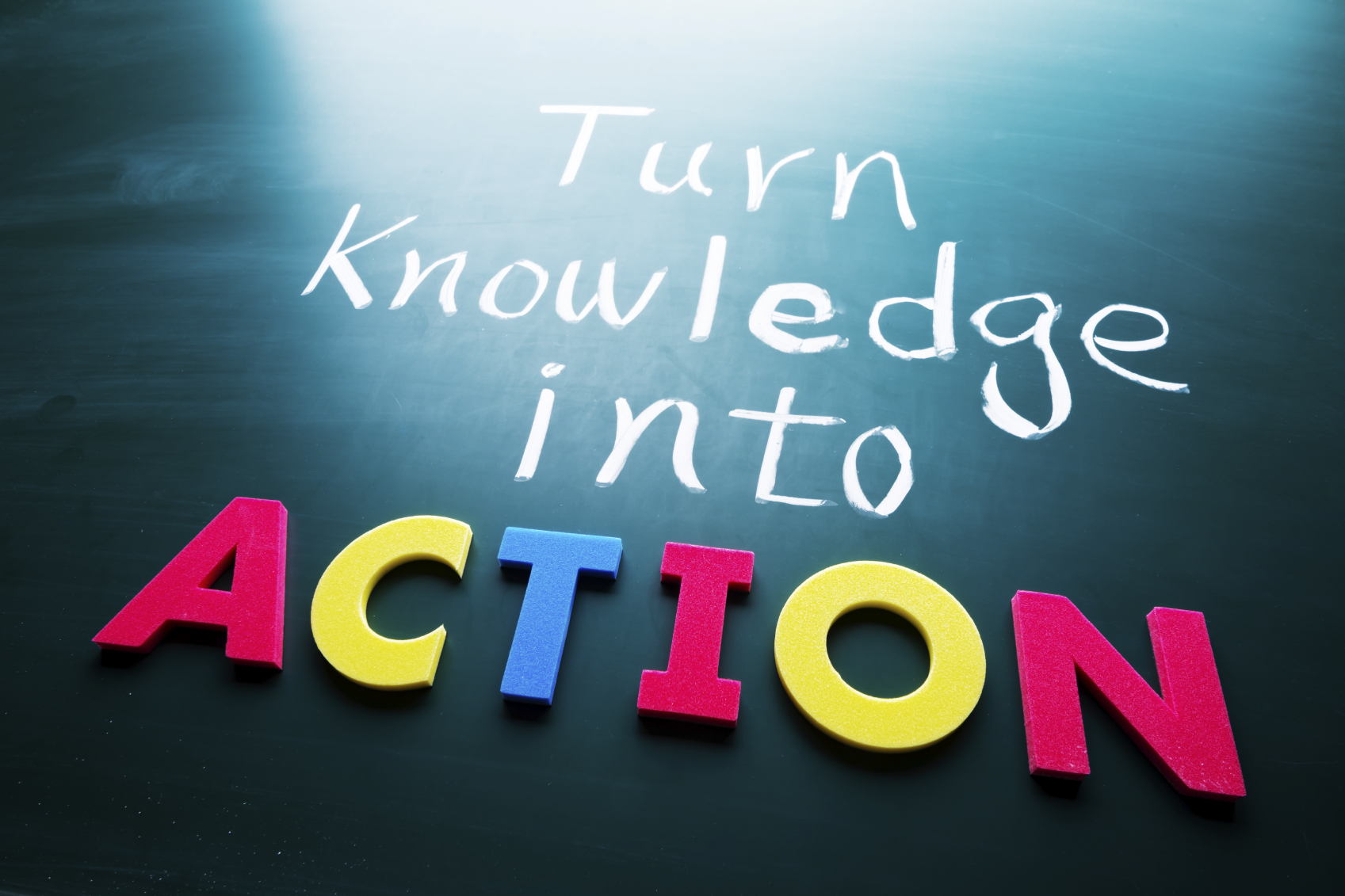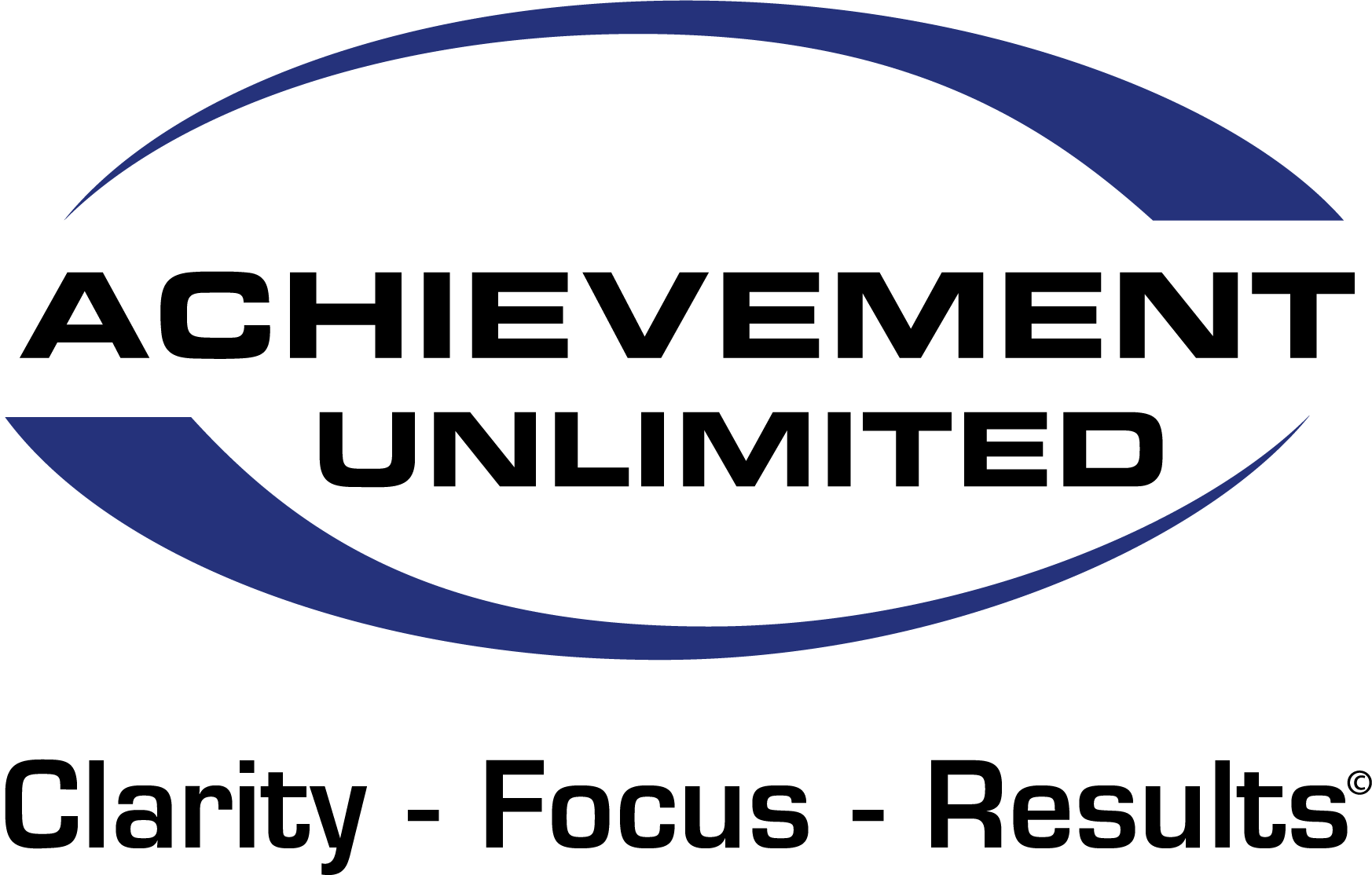How Do We Cultivate the Necessary Knowledge to Inspire Change?

“Knowledge is power” is a phrase credited to Francis Bacon in his Meditationes Sacrae, published in 1597.
Since then, it has been quoted by many, including Thomas Hobbes and Thomas Jefferson, and debated by others who argue that knowledge is not enough to drive action or create change. I would have to say that I agree with both sides.
Lifelong learning is one of the core values of my company, Achievement Unlimited, Inc., and also one of my own personal values. So, yes, I believe that knowledge is power because it is the primary catalyst for action and change. The question we must ask, though, is how do we cultivate the necessary knowledge to inspire change, and once attained, how do we turn that knowledge into action?
I have coached many business owners, C-level executives, and organizational leaders, departments, and teams in goal-setting and strategic planning. Goals and plans are crucial to establish direction and define achievement and success. My experience and most research on the topic show, however, that most of even the best plans fail to be executed.
Why?
Depending on who you ask, there may be different reasons why business leaders, teams, and individuals fail to meet their goals, but I have come to believe it boils down to one reason – thinking. People struggle to meet their goals because they are repeating patterns of thought that stop them from achieving, succeeding, or even just being happy.
The workshop I facilitated last week with my mentor, Peter Demarest of Axiogenics, LLC, created awareness for its participants of how their own personal and individual ways of thinking are stopping them from achieving what really matters most to them in life and in business. We learned that human beings function at their “best” only 5-15 percent of the time. This is because people are stuck in ways of thinking that are counterproductive to achieving what they truly want.
Peter wrote posts for “Tuesdays with Michael” over the past three weeks that highlighted some of the core concepts we discussed in the workshop, including The Central Question, Valuegenic Self-Leadership, and Neuro-axiology, and he dove into greater detail during the workshop about what these mean and how they apply to each individual member of the group.
Each participant took the VQ Profile assessment before coming to the workshop and received their First Steps VQ Assessment Report, which provided them with an explanation of their greatest cognitive asset and two of their most dominant cognitive biases that have limited them in their journeys in business and in life.
Eyes lit up at the revelations made, and the participants discussed how accurate the reports were. A few members shared that they read their reports to their significant others, who responded in agreement to the report. Knowledge of this information is critical in defining the actions needed to break through our limiting beliefs, and we are often very unaware of why we do the things we do that bring us great distress and stop us from realizing our full potential.
This goes back to my beginning point that “knowledge is power” but it cannot stop there. Awareness is the first step, and then the real work begins. Peter gave each participant questions they can ask themselves to help them utilize their cognitive asset to overcome their cognitive biases and create a breakthrough. One participant wrote that the workshop provided “fantastic insight and valuable steps to become a better leader.”
Are you a business owner or C-Level executive who is tired of hitting a wall while striving to achieve your business and personal goals? Are you ready to make the changes necessary to finally achieve what you want with less stress and greater personal fulfillment? The next Self-Leadership Breakthrough is scheduled for Wednesday, March 18 and begins at 8:30 AM. Click here to register.






Recent Comments